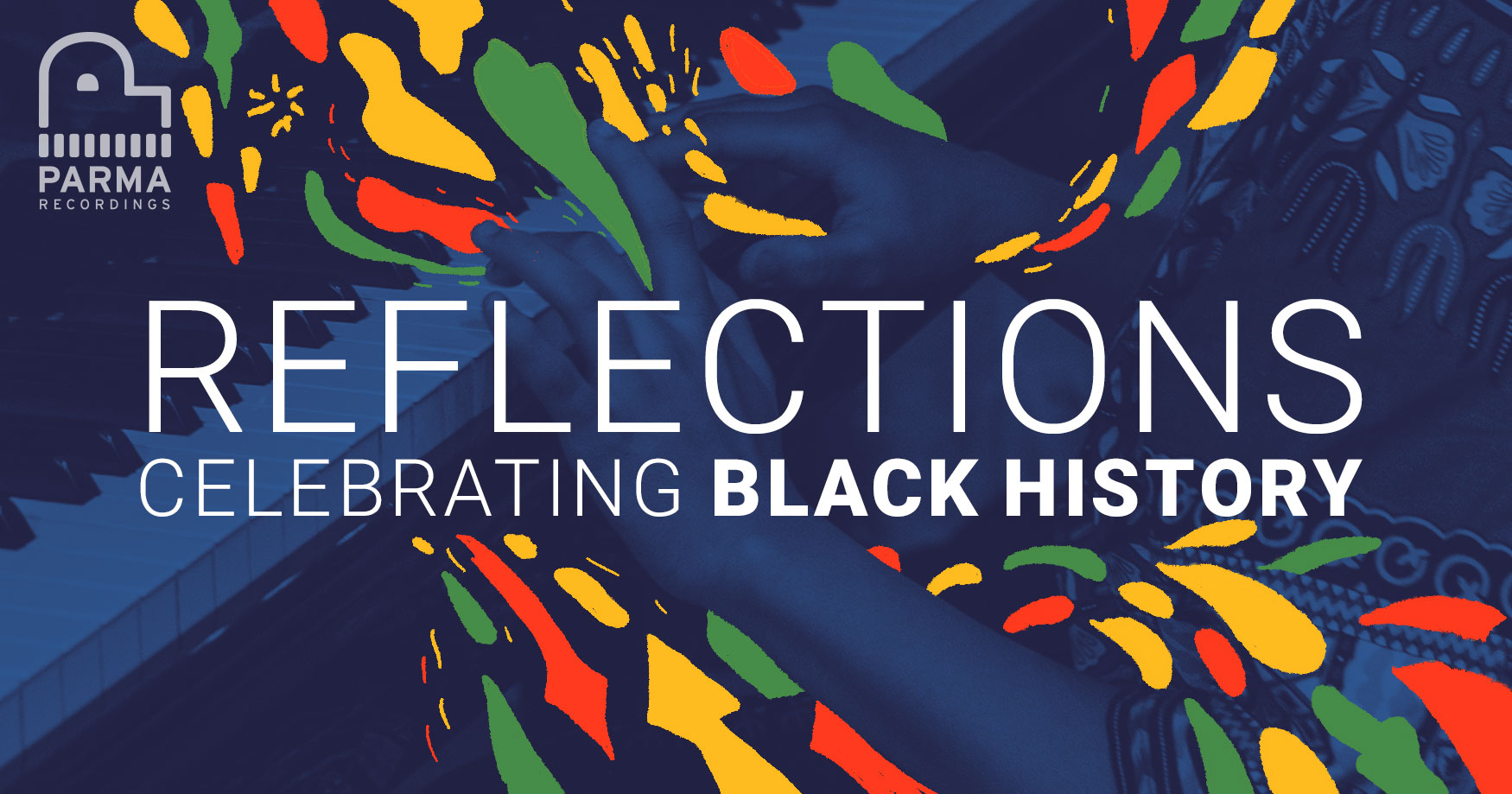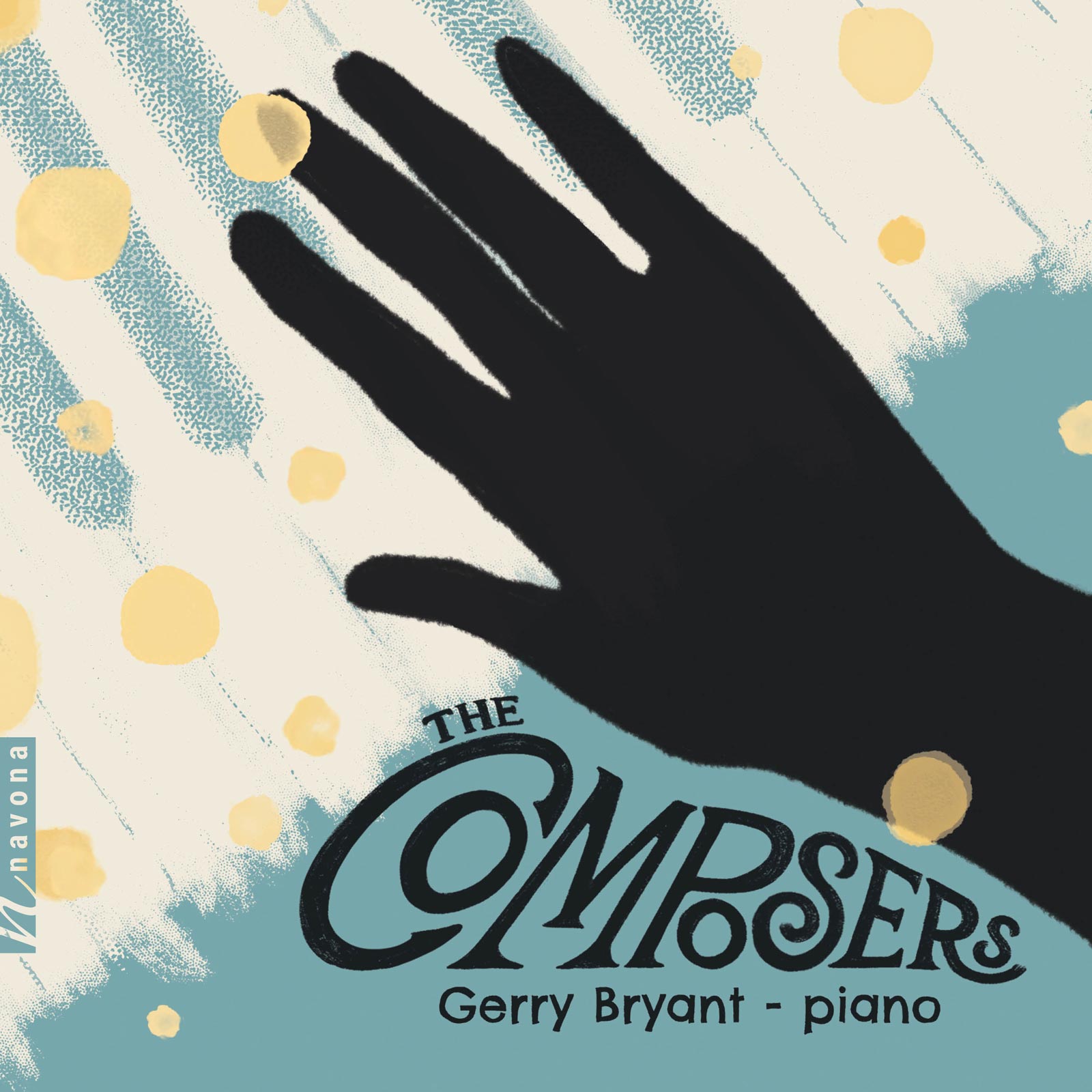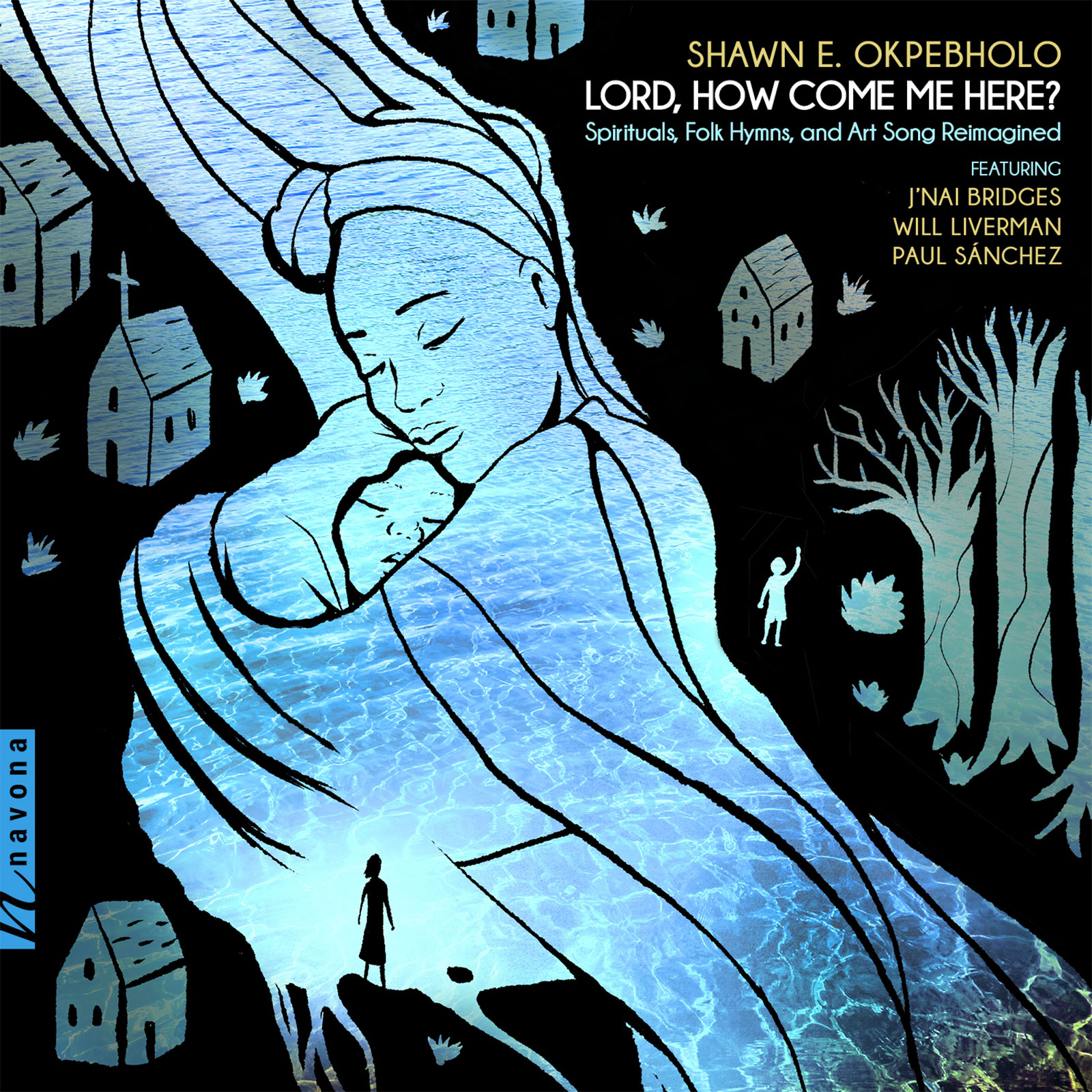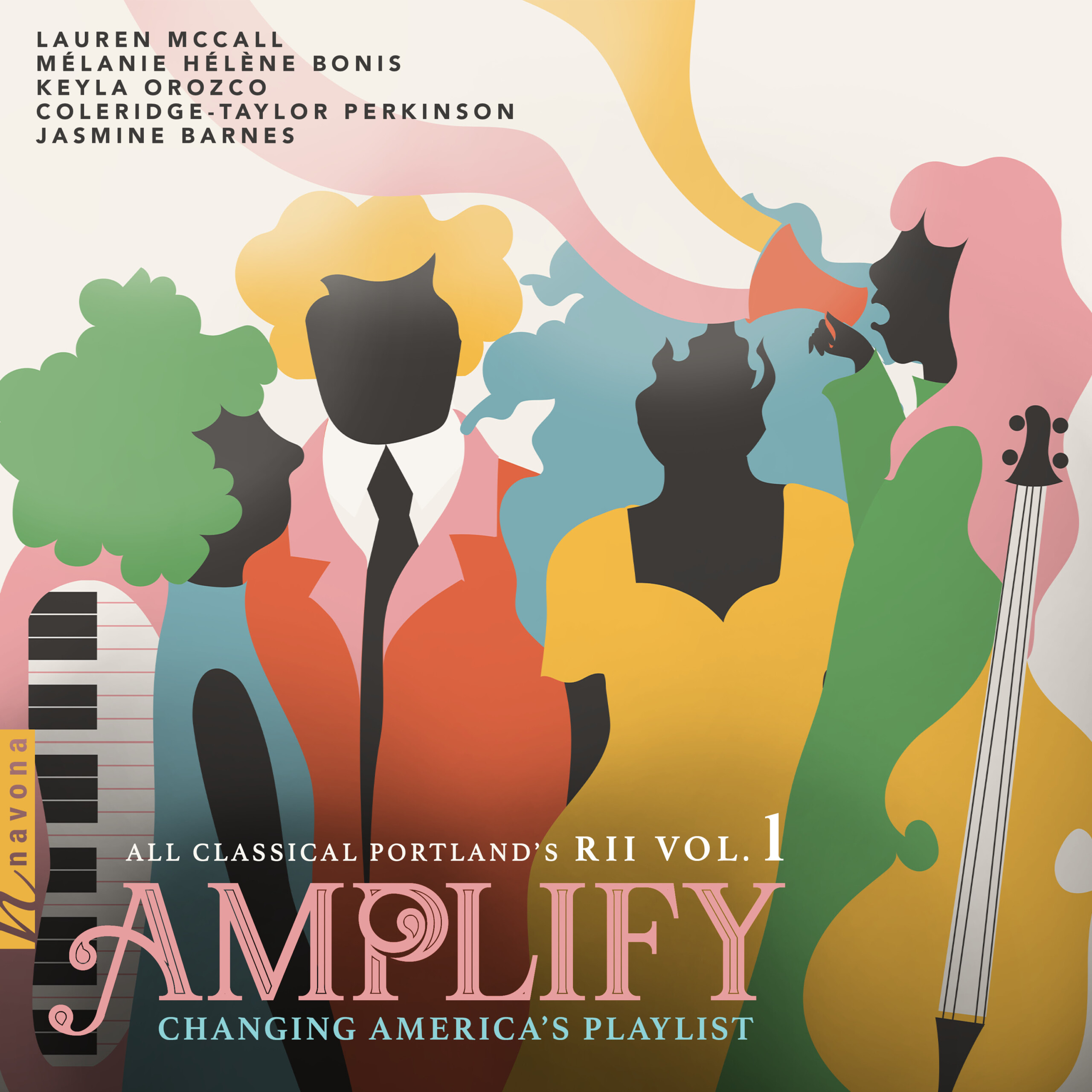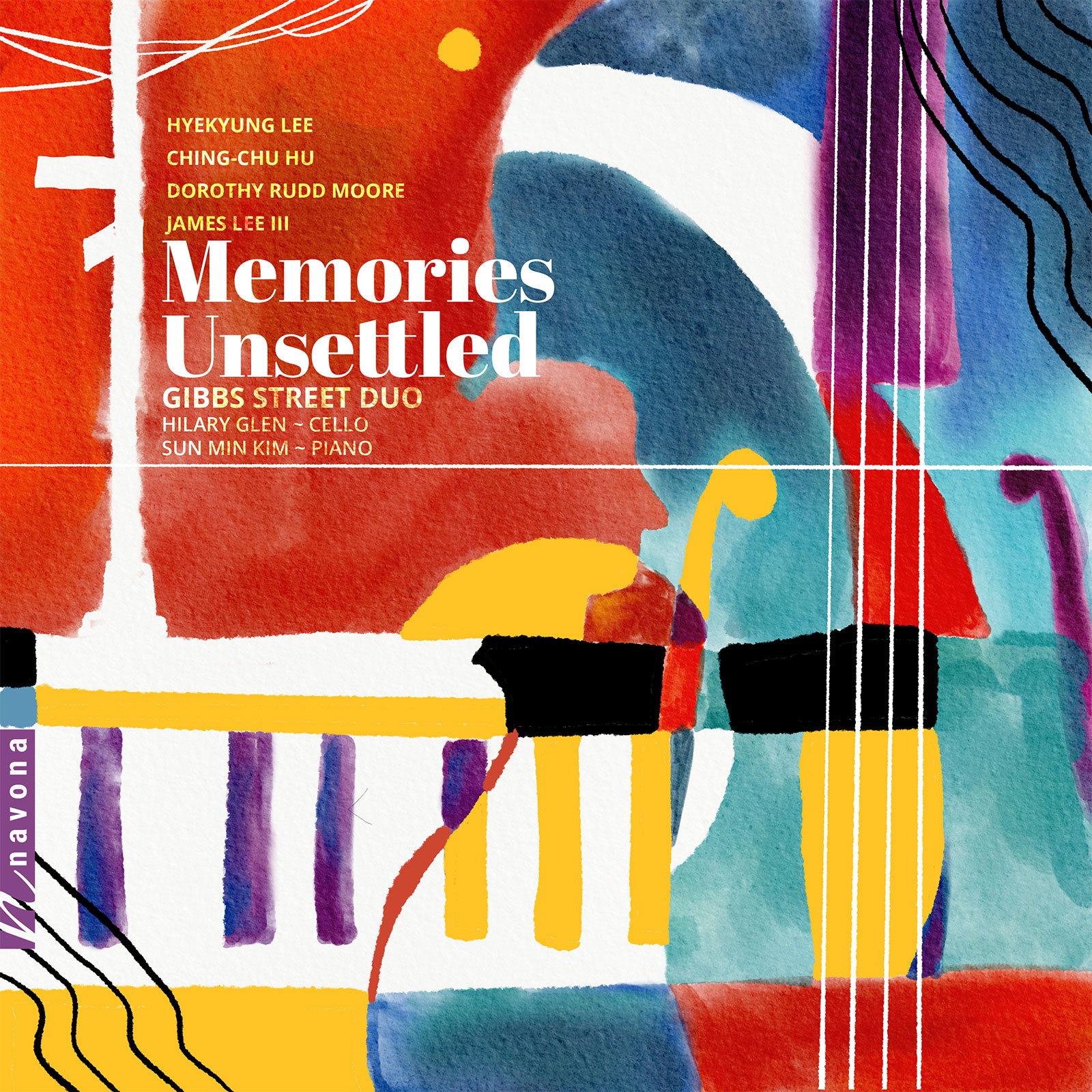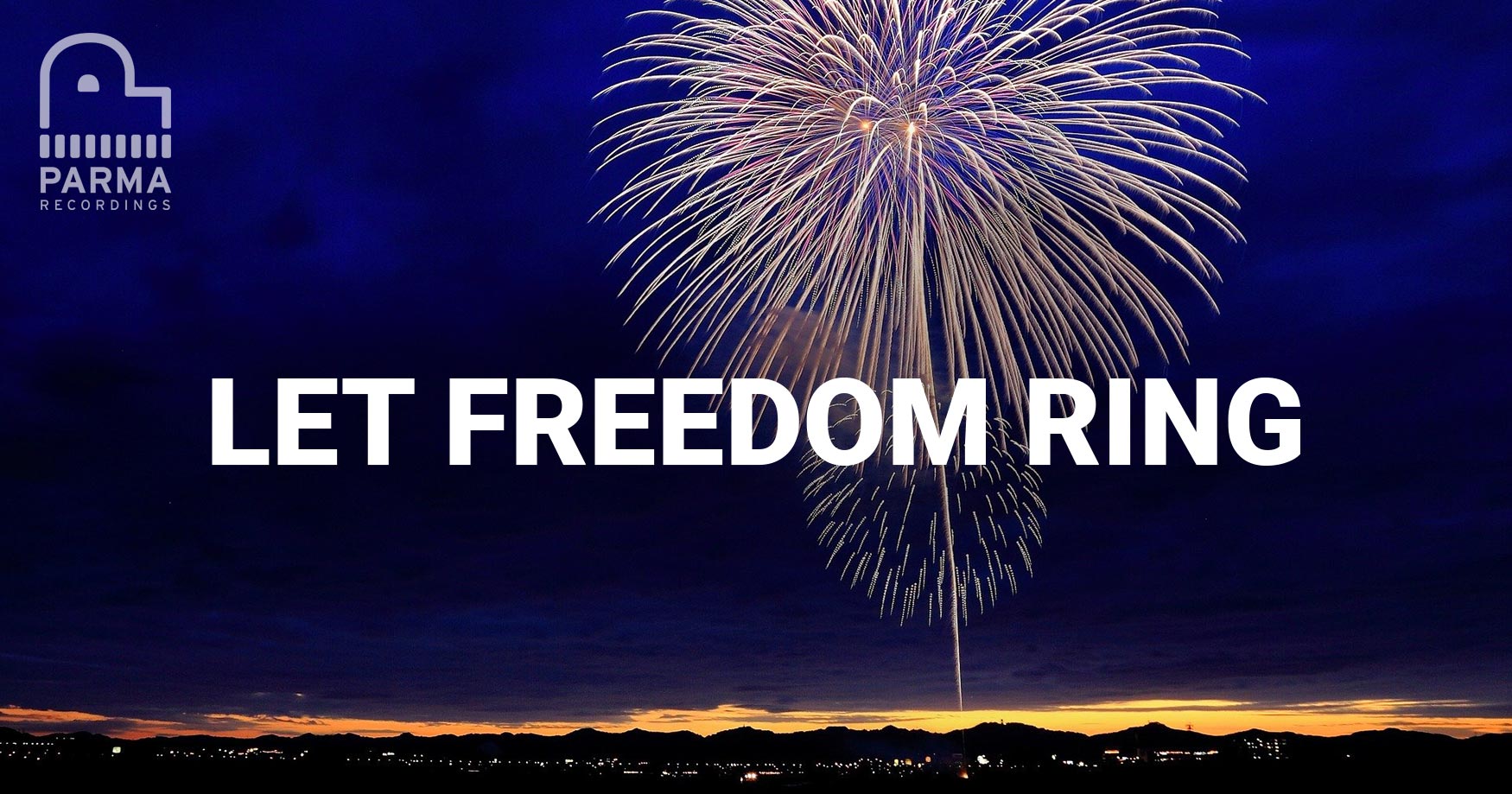February marks Black History Month in the United States, a period of reflection on the contributions and tribulations of African Americans who have helped shape the nation. The ingenuity, creativity, and heritage of Black Americans have spoken through music for centuries in compositions, folk songs, standards, and spirituals that express Black perspectives. This month, we’ve compiled works that speak to some of the triumphs, adversities, and experiences that Black Americans have met and showcase their contributions to music as a cultural medium.
Water in the Moonlight
Thomas “Blind Tom” Wiggins
On THE COMPOSERS, pianist Gerry Bryant presents an album consisting solely of music by exceptionally talented and prolific Black classical music composers who have been overlooked throughout history. Featured on the album and within this playlist is Water in the Moonlight by Thomas “Blind Tom” Wiggins, a slave who was perhaps the first Black American classical music composer.
Two Black Churches
Shawn E. Okpebholo
In celebration of its recent nomination for Best Solo Vocal Album in the 65th annual Grammy® awards, we revisited Shawn Okpebholo’s LORD HOW COME ME HERE. On Two Black Churches, Okpebholo creates a musical reflection of two significant and tragic events perpetrated by white supremacists in two black churches, decades apart: the 1963 16th Street Baptist Church bombing in Birmingham AL, which took the lives of four girls, and the 2015 shooting in Charleston SC, at Mother Emanuel AME Church, which resulted in the deaths of nine parishioners.
LORD, HOW COME ME HERE?
On LORD, HOW COME ME HERE?, composer Shawn Okpebholo turns the mirror of history on today’s society with his own work and a reimagined collection of spirituals by enslaved Africans and American folk hymns that draws upon music from the past to critique contemporary racial injustices in the United States and around the globe.
Taking Names
Jasmine Barnes
Inspiration for Taking Names by composer Jasmine Barnes came from the poet Shana Oshiro, who expresses the irony in the idea of Black Girl Magic in relation to social and political movements. In a spell-like manner, the soprano conjures the names of fallen Black women who are connected yet often forgotten in the national narrative surrounding racially-motivated violence.
Dirge and Deliverance
Dorothy Rudd Moore
Dirge and Deliverance for cello and piano is a sonata in two movements written in 1971 for Moore’s husband, cellist Kermit Moore. This music reflects on black existence and experience in 1960s America; the piece deliberately presents to listeners various musical representations of the struggle and turmoil of the era. With solo passages for piano and cello interspersed throughout the sonata, both instruments traverse an impressive range.
